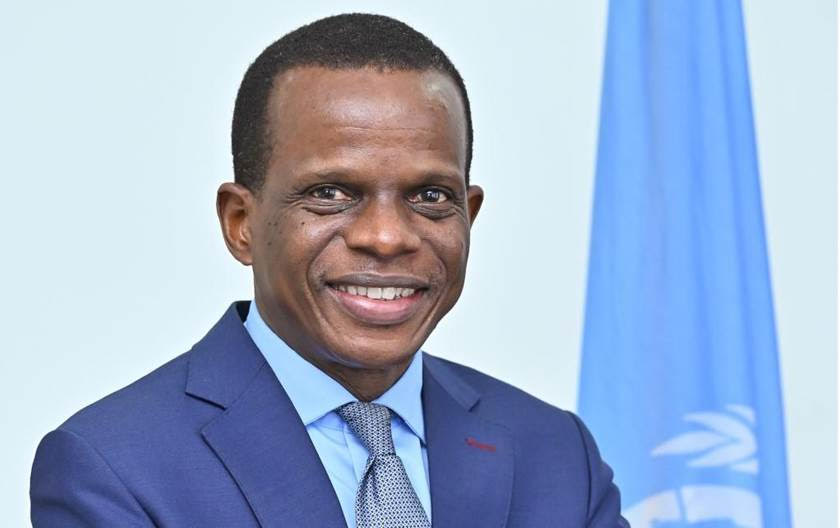
By Baboloki Semele: In an opening statement at the African Leadership Forum in Kampala, Uganda, Mr. Antonio Pedro, Deputy Executive Secretary for Programme Support at the UN Economic Commission for Africa (ECA), called for urgent and systemic action to close the widening gap between Africa’s development ambitions and current realities.
Speaking on the theme “Realising Sustainable Development Goals in Africa – Progress and the Way Forward”, Pedro underscored that Africa’s future hinges on all stakeholders’ ability to generate sustainable and inclusive growth that creates decent jobs for all.
With over 10 to 12 million youth entering Africa’s labour market each year and only 3 million formal jobs being created, Pedro warned of the economic and social consequences of rising youth unemployment. “Unemployment, particularly among youth, is not merely an economic concern,” he said. “It is a threat to peace, to social cohesion, and ultimately to the legitimacy of our development model.”
He urged African leaders to place employment creation at the heart of development agendas: “When we make employment creation not a byproduct of growth but its primary driver, we pave the way for inclusive prosperity, political stability, and economic transformation.”
Pedro called for a “new social compact, rooted in dignity, inclusion, and shared opportunity,” one that actively includes women and youth in labour markets and policy design. “Empowering them is not charity—it is a necessity,” he stated.
Highlighting innovative progress on the continent, Pedro cited the DRC-Zambia Special Economic Zone for electric vehicle batteries as a model for turning Africa’s mineral wealth into industrial advantage. “It exemplifies how Africa can turn its cobalt, lithium, and manganese into a source of regional industrialisation and global competitiveness,” he noted.
Pedro also pointed to the potential of the African Continental Free Trade Area (AfCFTA), saying, “Reducing tariffs and non-tariff barriers within the AfCFTA could boost intra-African trade by 45% by 2045, especially in agro-processing and industrial goods.”
However, he warned that integration must move beyond rhetoric: “It must be operationalised—through investment in transport corridors, harmonisation of standards, and ratification of pending AfCFTA protocols, particularly on free movement, competition, and investment.”
Education reform was another major focus. Pedro lamented that over 80% of African students aspire to work in high-skilled sectors, yet only 8% succeed. He advocated for technical training, digital literacy, and entrepreneurial education: “We must urgently realign education and training with current and future labour market demands.”
Touching on Africa’s digital future, he stated, “The global AI market is projected to reach $1.8 trillion by 2030, yet Africa currently holds just 1% of that market. We must embrace these frontiers not as distant futures, but as urgent priorities.”
Pedro also spoke of Africa’s potential in the care economy, calling it a “unique comparative advantage” for a continent with a young workforce. “Investments in community health systems, early learning centres, and long-term care infrastructure will create millions of jobs, especially for women,” he said.
Critically, he addressed the limitations of global ESG (Environmental, Social and Governance) frameworks. “Africa needs a recalibrated ESG model—one that promotes energy access, food security, and job creation alongside environmental stewardship,” Pedro asserted. “ESG should not be a barrier—it should be an enabler.”
As the continent grapples with external and internal challenges, Pedro’s message was clear: Africa must shift from declarations to delivery. “What we need now is implementation—with urgency, with scale, and with courage,” he declared.
He appealed to leadership: “Africa does not need charity. Africa needs access—access to technology, finance, fair trade, and opportunity. And it needs leadership committed to unleashing the full potential of its people.”
The African Leadership Forum, attended by former heads of state, ministers, and development partners, continues in Kampala through the week, tackling Africa’s progress toward the 2030 Sustainable Development Goals.